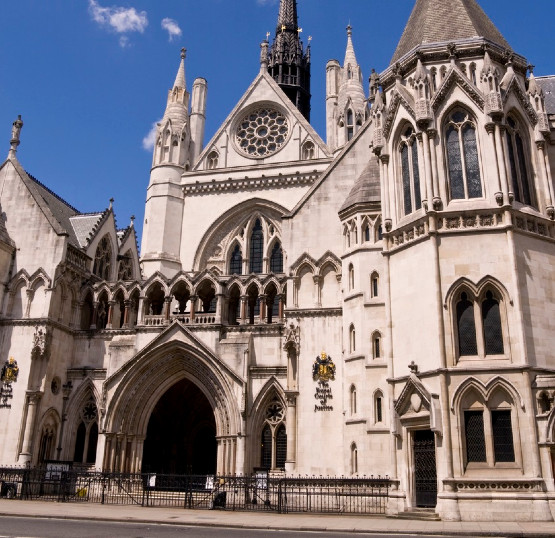10 May 2022

Court of Appeal: Closely watched costs case
The list of issues that the Court of Appeal will decide after its second attempt to hear CAM Legal v Belsner includes whether RTA protocol work is contentious or non-contentious business, and the question of informed consent, it has emerged.
In February, the Court of Appeal – headed by the Master of the Rolls, Sir Geoffrey Vos – scrapped the first hearing after the issue of contentious business came up and pledged to start again before the end of the summer term.
The outcome of the case is hotly anticipated given its potential impact on thousands upon thousands of cases.
The list of issues, which was supplied to Costs Lawyer by ACL special adviser Professor Dominic Regan, contains four headline questions.
First, does section 74(3) of the Solicitors Act 1974 apply, either directly or by extension, to claims which settle at stage 1 or 2 of the RTA protocol.
In particular, the court will be asked whether, on the proper construction of section 74(3) and section 87, stages 1 and 2 constitute “contentious business” and “proceedings in the county court”.
Further, do the fixed costs payable for stages 1 and 2 limit the “amount which may be allowed… in respect of any item” (section 74(3) of SA 1974); and impose an absolute limit on the fixed costs that could be recovered inter partes and, if not, is that required for section 74(3)?
Also, does CPR 46.9(1) enlarge the application of section 74(3) so that it extends further than contentious business/proceedings in the county court?
Second, the court will consider the consequences if section 74(3) applies directly or by extension. So, does the written agreement in CPR 46.9(2) require fully informed consent by the respondent, either through the construction of CPR 46.9(2) or by virtue of any fiduciary, contractual or regulatory duties owed by the appellant to the respondent?
The document goes on: “In particular: What, if any, fiduciary, contractual, regulatory or other common law duties do solicitors owe to clients when agreeing the terms of the solicitor’s remuneration?”
It questions whether the answer to this is affected by the fact that the appellant started to perform some work before the respondent entered into her conditional fee agreement, and then what the legal consequences of a failure to comply with any fiduciary, contractual or regulatory duties owed would be?
Finally on this point, if informed consent is required for a written agreement pursuant to CPR 46.9(2), was informed consent given here and to what extent?
The third issue is shortly stated: if section 74(3) does not apply directly because the court finds stages 1 and 2 are non-contentious business, what are the consequences?
The final issue concerns the Consumer Rights Act 2015 and what would happen if, by virtue of either a written agreement for the purposes of CPR 46.9(2) or an assessment due pursuant to the retainer under the non-contentious regime, the amount of base costs is greater than fixed costs:
The court will be asked whether it has sufficient evidence before it to conclude whether it is unfair for the amount of costs to be paid by the respondent to be more than the fixed costs, whether the terms allowing for such greater sum unfair under the 2015 Act and, if so, what the consequences are.
In an article on this website last month, Professor Regan described Belsner as the costs case of the year.
